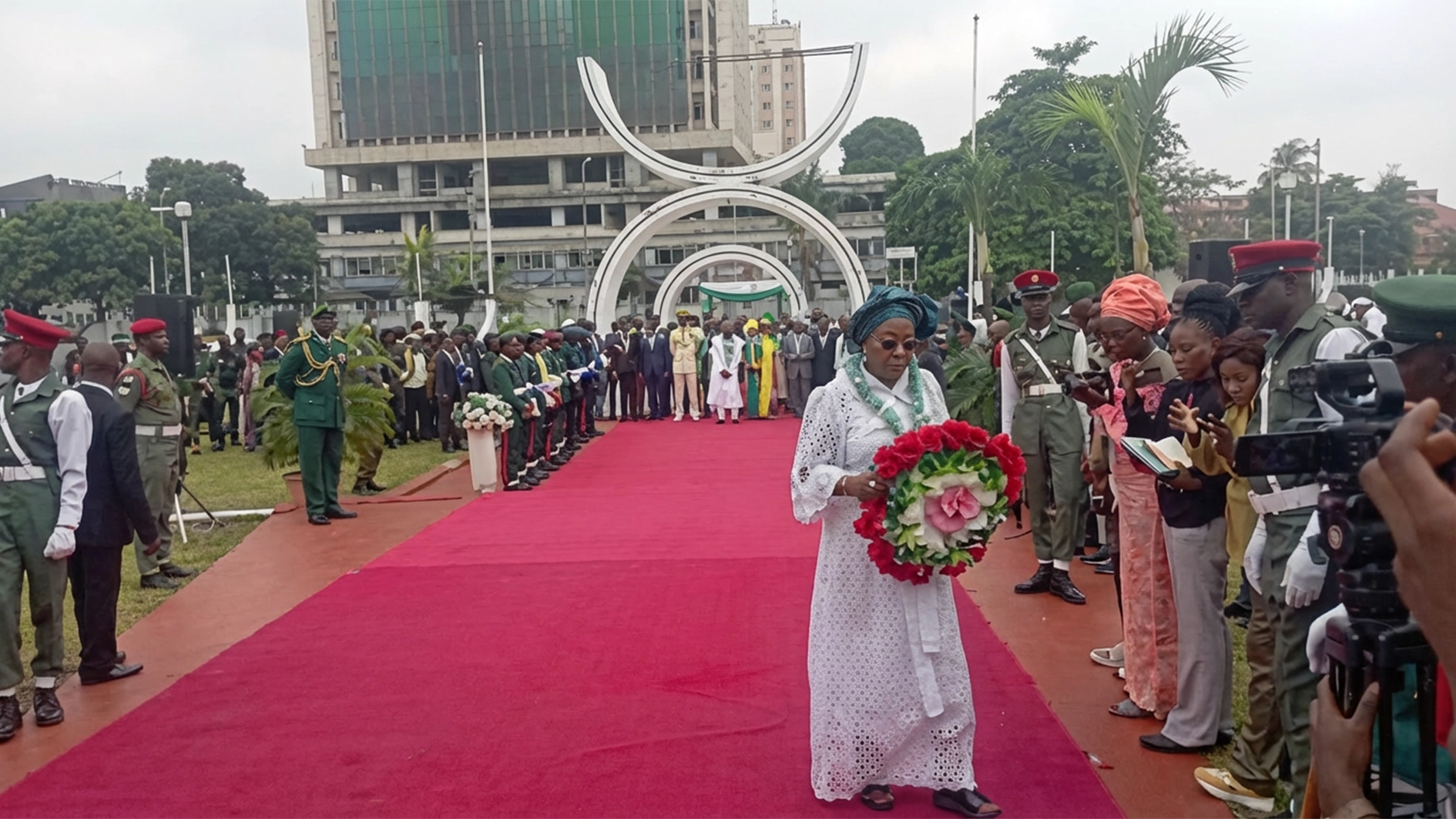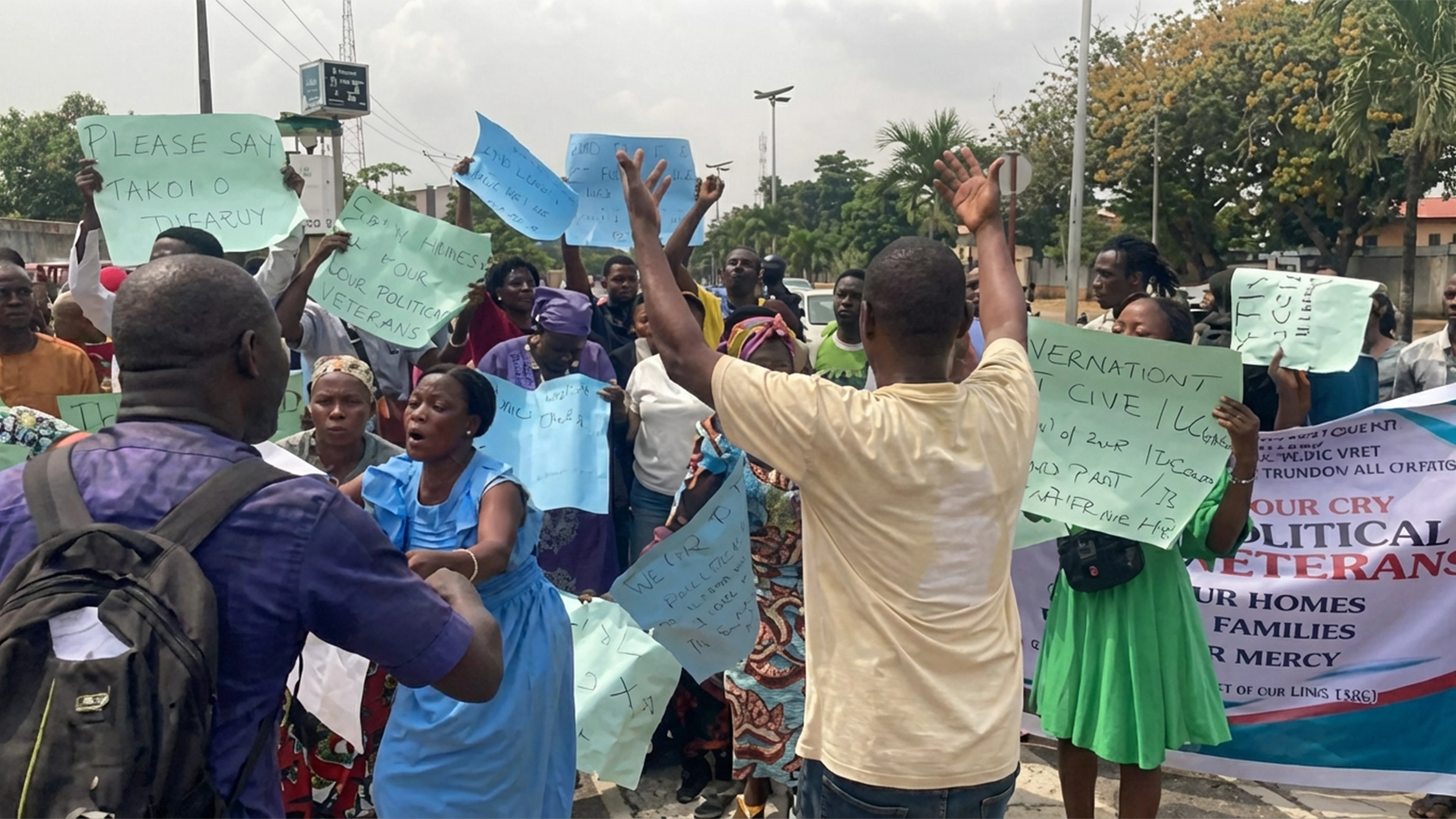The Association of Professional Women Engineers of Nigeria (APWEN) has called for sustained advocacy on Science, Technology, Engineering and Mathematics (STEM) education and gender-inclusive policies to encourage more funding for women-led start-ups.
It also stressed the need for collaboration with the Federal Government to develop policies and implementation frameworks that will support the revitalisation of Nigeria’s industries.
The call was contained in a communiqué signed by Prof. Chinenye Anyadike at the end of APWEN’s international conference, exhibition, and yearly general meeting held in Ibadan, Oyo State. The conference had as its theme: “Revitalising Nigeria’s Manufacturing Sector through Innovative Engineering Solutions.”
Technical papers presented at the event explored renewable energy integration, waste-to-wealth initiatives, and additive manufacturing technologies. Others showcased Artificial Intelligence-driven predictive maintenance models, IoT-enabled industrial systems, and indigenous material development.
Case studies also demonstrated the feasibility of localised, low-cost, and sustainable manufacturing solutions, highlighting the need for stronger collaboration between researchers and industries to translate findings into practical applications.
APWEN urged the Federal Ministry of Industry, Federal Ministry of Science and Technology, Federal Ministry of Communications and Digital Economy, and other related Ministries, Departments, and Agencies (MDAs), through the Manufacturers’ Association of Nigeria (MAN), to accelerate adoption of Artificial Intelligence, automation, robotics, Internet of Things (IoT) and additive manufacturing to drive sustainable growth.
The association further called for partnership among government, academia, and the private sector to promote research and development in decentralised micro-manufacturing clusters using hybrid, as well as additive manufacturing technologies.
“Nigeria’s manufacturing sector continues to face declining productivity, reduced competitiveness, and weak global integration. Skills gaps, inadequate infrastructure, and financing constraints limit industrial growth. Persistent gender disparities in technology and leadership constitute barriers to inclusive growth,” APWEN noted.
According to the communiqué, weak government–academia–industry synergy undermines recruitment, training, re-training, and mentorship of engineers. It also warned that cybersecurity vulnerabilities pose a threat to digital manufacturing technologies, but highlighted promising indigenous innovations, renewable energy tools, digital solutions, and youth-led entrepreneurship models with strong potential for scaling.
Earlier, APWEN President, Dr Adebisi Osim, said the association’s activities in the past year have impacted over 2,000 lives. She stressed that the future of Nigeria’s manufacturing sector lies not in imported solutions, but in home-grown innovations driven by engineers.






